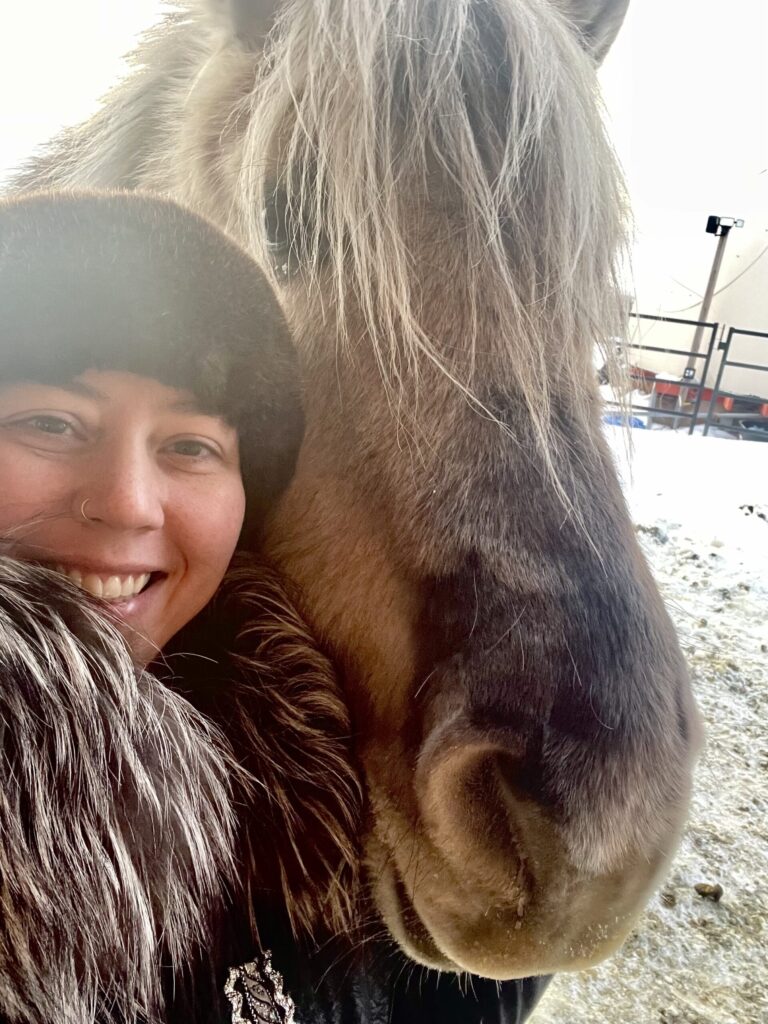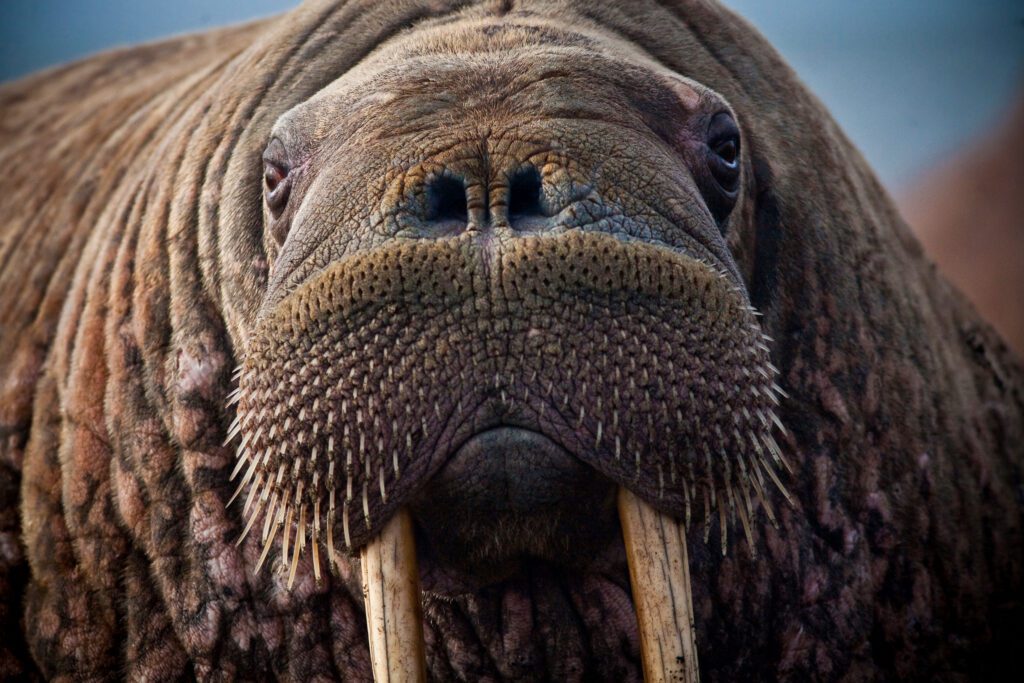“Take I-80 East. Keep right,” the automated female voice instructs from the gps as my Dad jerks the wheel and the car careens onto the interstate.
Flashes of red and blue shoot past. A horn blares and a streak of yellow shoots from the rearview and blasts into the distance. The automated voice continues above the frenzy, a voice too punctuated and too evenly paced. I sit in the backseat of the Cooper, eyes wide, choked air filling my chest. My parents sit chatting in the front seats, unfazed as we hurtle through metal and asphalt, world ripping past.
“Welcome to California!” My Mom says, turning around to smile and squeeze my knee. I nod, stretching a smile, clutching the seatbelt.
The car tears away from the San Francisco airport and towards a four-day family vacation at my brother’s house. It’s my first time outside rural Alaska in nine months.
I look out the window at tail lights and exhaust pipes and tinted windows. Vehicles swerve across lines and slip through gaps that didn’t exist a moment ago, only to dart out again and race ahead. A lone sign reads 70 mph. But there are hundreds of cars, and 80 is the preferred speed. With an unending stream of vehicles swallowing my view, I can’t see what we’re all racing towards.
Then, out of nowhere, red. Hundreds of shoes hit hundreds of brakes, and that racing stream turned to a solid, impenetrable wall, clouding with exhaust.
“I came up to Nome for two weeks,” I hear the lawyer with the forkful of pumpkin pie saying. “I returned to Chicago, got stuck in traffic, and quit my job my first day back at the office. I’ve lived in Nome 15 years now. No traffic,” he said, biting into his Thanksgiving dessert.
I’ve spent weeks of my life in traffic, maybe months, driving to and from school, an hour there, an hour back, always bottlenecking at the same two points, watching the fuel tank dip lower, gas prices climb higher, and the clock tick ever forward. Audiobooks and Terry Gross’ “Fresh Air” composted the time, turning waste into something fortifying. But with cars packed on all four sides on this California freeway, I feel trapped, and only the presence of my parents, who I have been away from for nine months, can redeem this stagnant moment.
I lived in this area of California last year, driving this same road. So this is not a foreign place. But it now seems grotesque, gruesome even. The rush, the noise, the gouging and smothering of land with metal and pavement. I am a part of it, of course, sitting in this car, holding my used boarding pass.
I stay in California four days, and the stacks of buildings and swaths of poured materials never settle quite right into my eyes like they did before I arrived in rural Alaska.
And the sense of displacement extends. I look at women’s clothes—sheer materials, short white skirts, spiky heels—and all I can think is, “How impractical.” I glimpse polished house exteriors and shaved lawns and wonder how the owners spend their time. I gape at stores bursting with clothes and plastic and every shape of human material whim and howl in bafflement of “from where?” and “why?” and “for whom?”
I look around this lower-48 city, and all I see is stuff. And that’s all it looks like. No value, no utility even, just a heap of things we created and dumped on the world. But aren’t these the same things that we barge, fly, and mail to Nome, transporting over thousands of miles, tracing our routes with dark smears of fossil fuels?
On my third day, I walk into a store and buy new shirts and jeans and even a pair of earrings. After nine months of rotating between two pairs of pants and nine shirts, my clothes carry holes and stains and the tiredness of wear. Nome has limited shopping options, and I am grateful for the new wardrobe.
But somehow it feels like a hoax—that I get to take these things but do not have to remain in the world where they came from. But the world where they came from—the lower-48—is the world that raised me. Throughout the trip I feel like a puzzle piece that’s grown an extra nub and no longer fits into its intended picture.
When I return to Nome, the feeling of not quite fitting remains. Only now it’s reversed, and Nome isn’t settling into my eyes as it did before.
I was told this experience of Nome, of rural Alaska would change me, that it would make people, places, situations, even decades after my time at KNOM, not quite add up. That my sense and requirement for fulfillment and belonging and meaning would alter. What that means, I am still figuring out, and with three months left in Nome, I am still evolving into. But I did not come to Alaska to leave as the same person who first stepped off the plane last August.







